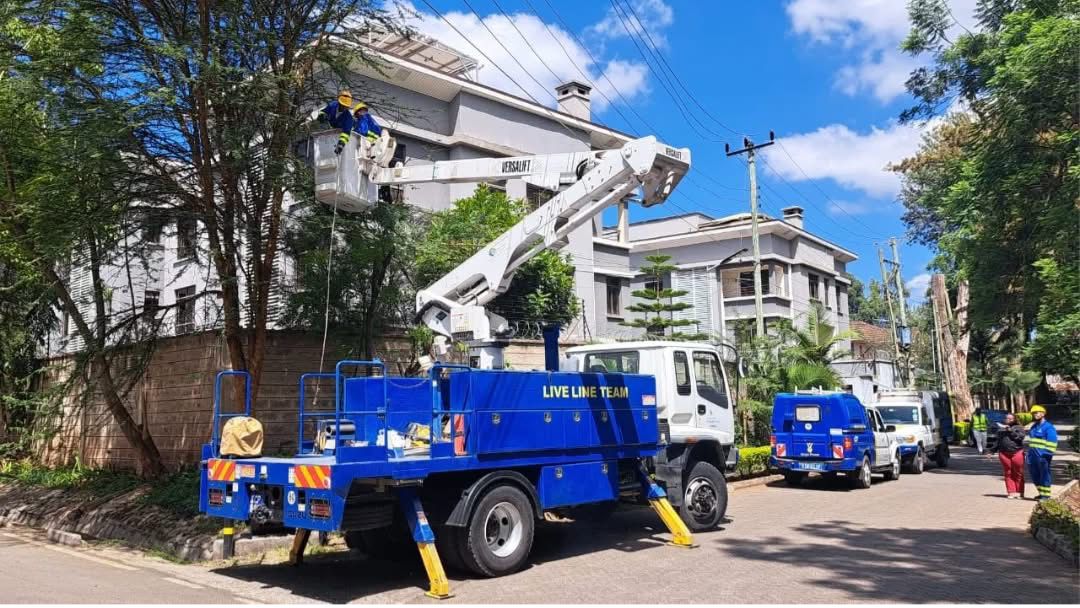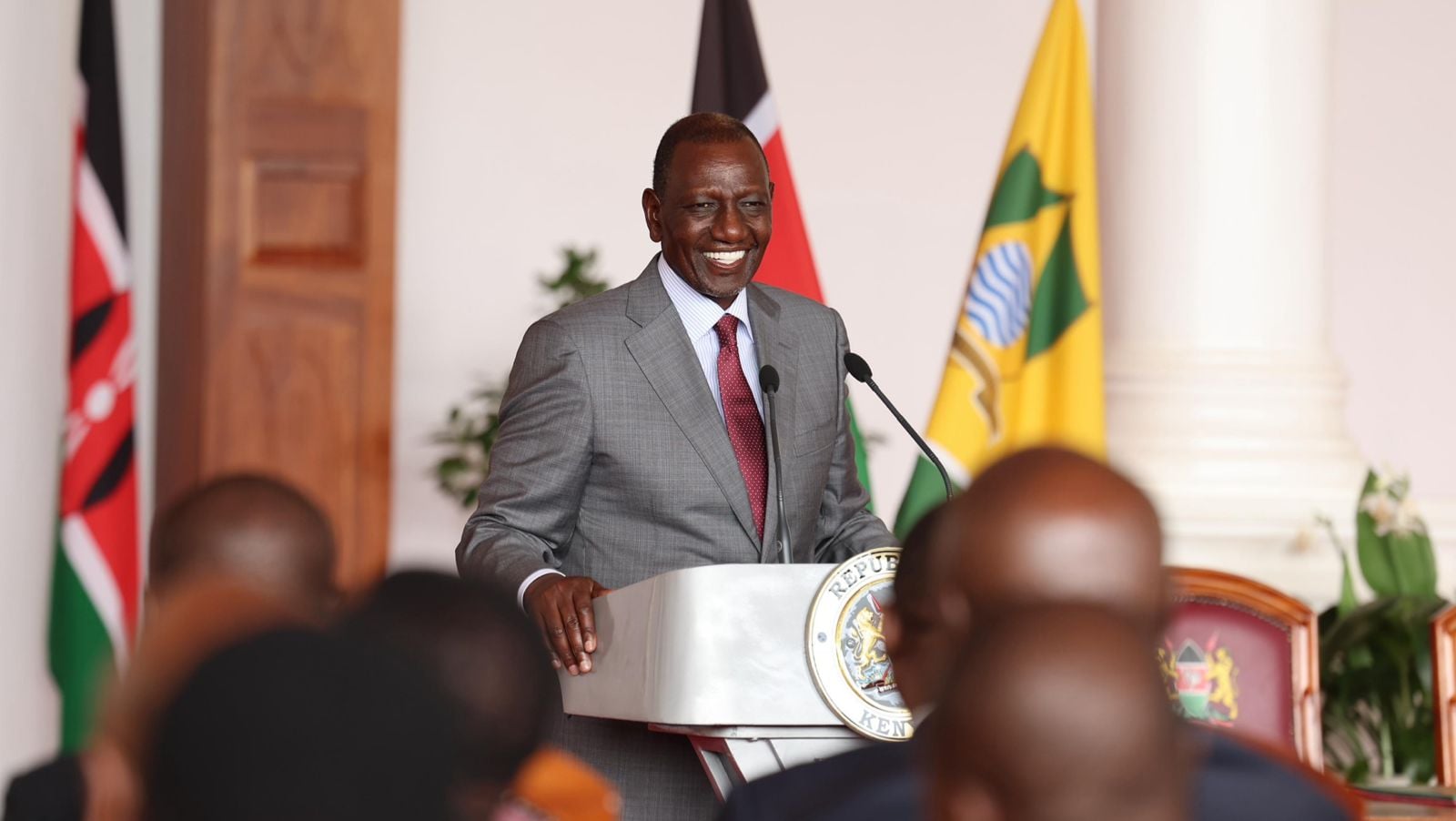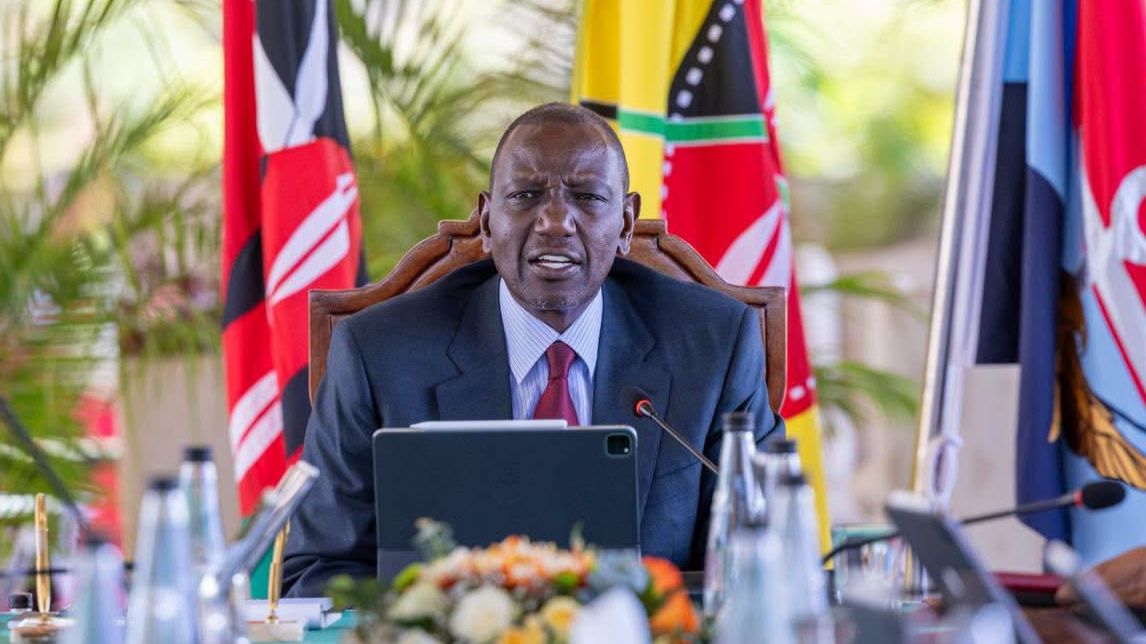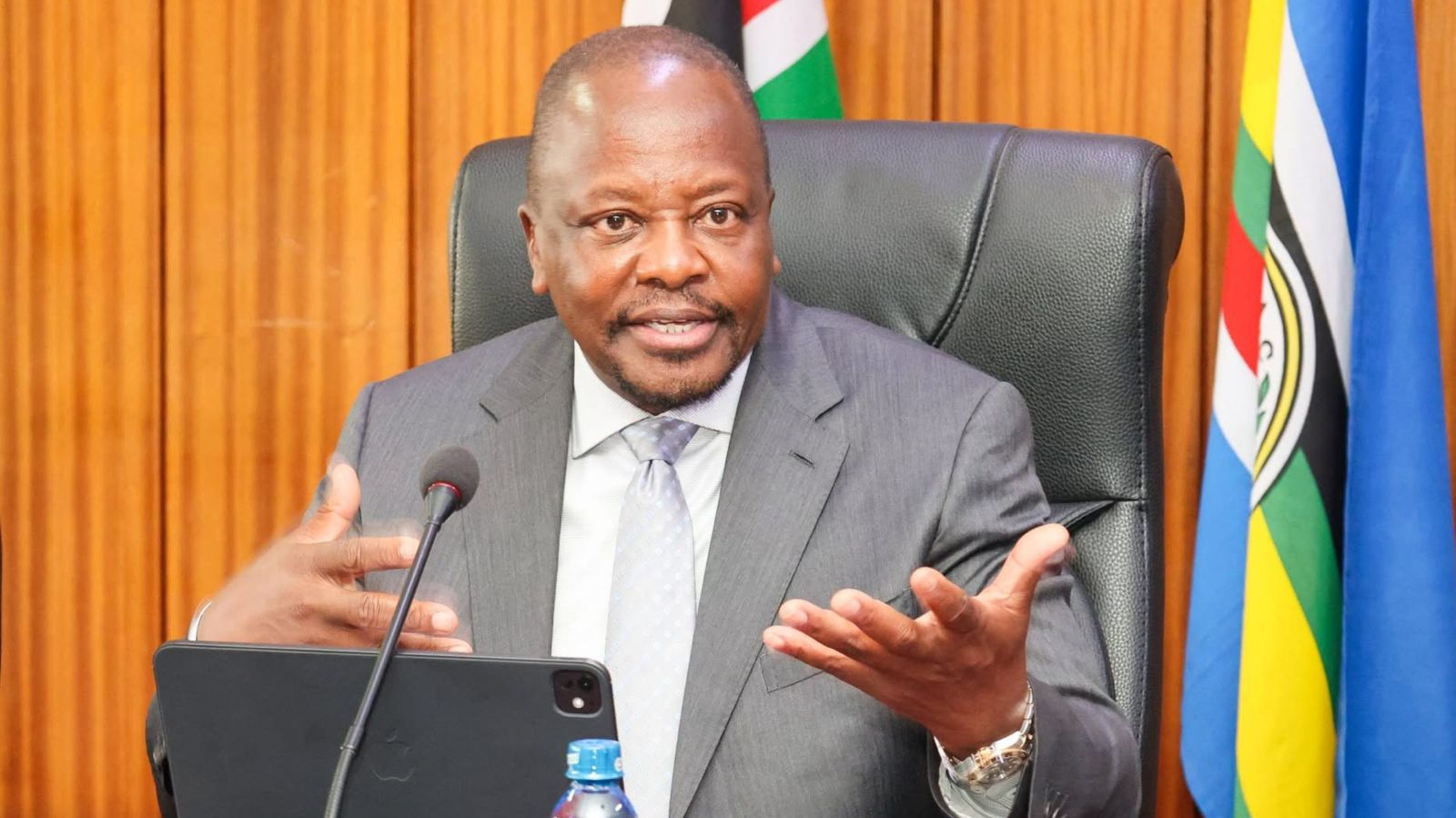The Kenya Medical Training College (KMTC) has come under scrutiny after the Public Investments Committee on Social Services, Administration, and Agriculture (PIC-SSAA) questioned the institution over a series of long-standing financial and governance concerns, including a Ksh2.125 billion pension deficit.
In the session chaired by the committee’s Vice-Chairperson, Saboti MP Caleb Amisi, OMon Tuesday, November 25, MPs expressed frustration that many of the issues raised by auditors have persisted for over two decades without resolution.
"These issues are routine, and we must conclude them once and for all," Amisi said as the committee announced plans to summon various government agencies to help bring the chronic disputes to an end.
One major dispute involves Ksh7.4 million in unpaid rent owed by the University of Nairobi for 96 student rooms.
KMTC CEO Dr. Kelly Oluoch told the committee that despite issuing an eviction notice in July 2018, the university neither vacated nor responded.
Read More
The college said the matter had been escalated to the Attorney-General and the Head of Public Service, supported by documentation confirming KMTC’s legal ownership of the property.
The college also sought the National Treasury’s approval to write off legacy debts, including Ksh21.8 million owed by Kenyatta National Hospital and Ksh19.8 million from the former Ministry of Medical Services.
The biggest concern raised during the session was the revelation of a massive Ksh2.125 billion pension deficit within KMTC’s defined benefit scheme as of June 2024.
Oluoch told the committee that actuarial assessments had shown the scheme’s assets were insufficient to meet obligations for both current and future retirees.
"While pension benefits for current retirees are protected by law, we’ve had to finance remedial measures from student fees," he said, adding that continued reliance on student revenue could pose long-term liquidity risks without Treasury intervention.
KMTC has responded by increasing the sponsor contribution rate from 20% to 27.6%, effective July 2024, and committing to inject Ksh100 million annually into the scheme.
The committee agreed to invite the Retirement Benefits Authority and the National Treasury to review structural weaknesses affecting pension schemes in public institutions.
The college was further questioned over governance lapses after admitting that only 16 campuses, four hospital maintenance schools, and one school of clinical medicine have been formally gazetted, despite KMTC operating dozens of campuses across the country.

Oluoch assured MPs that students were not affected and pledged to expedite gazettement.
In another audit query, KMTC was flagged for conducting more than the legally permitted six board meetings per year.
While the college cited statutory tasks and graduation preparations as justification, the committee insisted that legal limits must still be observed.
Concerns were also raised about employees whose net pay has fallen below the mandatory one-third threshold due to statutory deductions including the Housing Levy, SHIF, and NSSF.
The KMTC management explained that many staff members had existing loans predating the new deductions, making compliance difficult.
The college was also found non-compliant with the requirement that at least 5% of its workforce be persons with disabilities, with only 52 of its 2,131 employees, representing 2.4%, falling into this category.
KMTC said it would work with NG-CDF offices to improve recruitment efforts.
Despite under-collecting revenue by Ksh102 million and recording an under-expenditure of Ksh993 million in the 2023/2024 fiscal year, the institution maintained that service delivery to students and partner hospitals remained uninterrupted.
Amisi noted that strengthening institutions like KMTC is key to advancing Kenya’s ambitions in medical tourism.
"If we improve institutions like this one, they can put us in good standing to become a medical tourist destination,” he added.
This comes a week after the Public Accounts Committee (PAC) raised concerns over the disbursement of billions of shillings to Kenya Airways, questioning the National Treasury’s financial accountability.
The session, which scrutinised the Treasury’s audit report for the financial year ending June 2024, uncovered several alarming irregularities related to public money management.
Chaired by Garissa Woman Representative Amina Udgoon Siyad, the committee reviewed findings by the Auditor-General that flagged possible misuse of funds, illegal expenditures, and breaches of financial management laws.
“We are dealing with very serious questions of accountability. These are huge sums of public money, and Kenyans deserve clear answers on where their taxes are going," she said.
According to the audit report, the National Treasury transferred Ksh10 billion to Kenya Airways during the 2022/2023 financial year as an on-lent loan.
This brought the airline’s total loan exposure to Ksh41.27 billion, disbursed between 2019 and 2022.
Shockingly, it was revealed that these funds were released before any formal loan agreements were signed.
"This Committee finds it unacceptable that billions were released without any signed agreements. How does the Treasury justify lending public money informally?" Siyad added.
The Auditor-General further disclosed that interest and penalties accumulated on the loans raised the total debt to Ksh43.048 billion by December 2022.
In addition, the government stepped in to pay Ksh12.326 billion on behalf of Kenya Airways to settle a defaulted foreign loan, including Ksh7.8 billion spent under Article 223 of the Constitution.
"We did not see any documentation showing how the Treasury intends to recover these amounts from Kenya Airways. There is no repayment plan, no security offered, and no formal agreement," an Auditor-General representative told the committee.
As it stands, the audit concluded that the recoverability of Ksh55.37 billion owed by Kenya Airways could not be confirmed.

-1771391252.png)



-1770784420.png)

